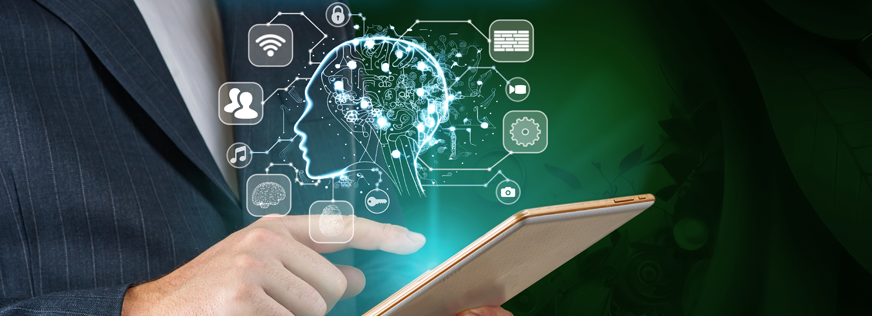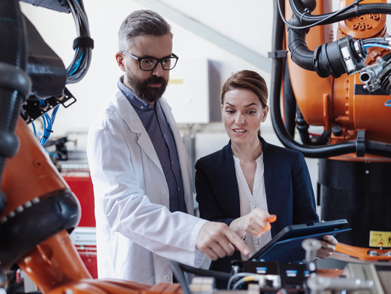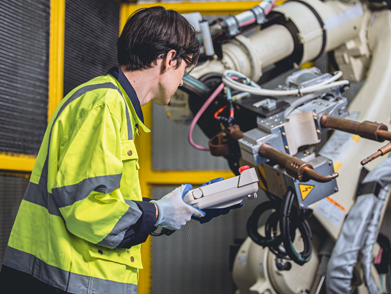Optimising Product Development with Advanced Robotics and AI Technologies
- Home
- Optimising Product Development with Advanced Robotics and AI Technologies

- June 6, 2023
- by Kristine T.
- Future of Product Development
Revolutionising Manufacturing: The Impact of Robotics on Product Development
Ever pondered the influence of advanced robotics and AI technologies on product development? These fast-evolving innovations are gaining traction across multiple industries. Let's delve deeper into the repercussions of these technological advancements on the product development process.
Advancements in Robotics and AI: Accelerating Product Development and Ensuring Quality
Starting with robotics, their integration has revolutionised the manufacturing sector, enhancing efficiency, productivity, and precision. Robots have supplanted human labour in numerous tasks, enabling humans to concentrate on higher-level responsibilities. "Cobots," or collaborative robots, have significantly progressed in this realm. Intended to work alongside humans, these robots offer support and aid in tasks demanding high precision and accuracy. Cobots not only accelerate product development but also ensure product quality through consistent manufacturing accuracy.
From Automation to Adaptability: How AI-Driven Robots Enhance Product Development
One of the most thrilling breakthroughs in robotics is incorporating AI. Artificial intelligence empowers robots to learn and adjust to novel situations, making them more adaptable and effective. AI-driven robots can identify and classify objects, facilitating product sorting and organisation in warehouses. Additionally, they can analyse data to discern patterns and anomalies, enhancing quality control accuracy.


Predictive Maintenance: Harnessing AI for Increased Reliability in Product Development
Shifting our attention to AI advancements, artificial intelligence has enabled machines to undertake tasks once considered exclusive to humans. A prime application of AI lies in predictive maintenance. AI-fuelled algorithms analyse machine-generated data to foresee maintenance needs, increasing machine reliability and uptime, leading to greater productivity and reduced downtime. Predictive maintenance also curtails unnecessary maintenance activities, lowering associated costs.
“As technology continues to advance at an unprecedented pace, the influence of robotics and AI on product development is truly remarkable. By revolutionizing manufacturing processes and enhancing efficiency, productivity, and precision, robots have become invaluable assets in our industry. The integration of AI further empowers these robots, enabling them to adapt and learn, ultimately accelerating product development and ensuring unparalleled quality. We are witnessing a transformative era where automation and adaptability converge, revolutionizing the way we approach product development.”
Dr. Sarah Rodriguez
Chief Technology Officer at InnovateTech Industries
Optimising Supply Chains: AI's Role in Enhancing Product Development
Another domain where AI has made a substantial impact is supply chain management. Artificial intelligence can examine data from various sources, like sales, production, and inventory, to offer insights that optimise supply chains. AI-driven systems can anticipate demand and adjust production accordingly, decreasing inventory expenses and elevating customer satisfaction.
The fusion of robotics and AI carries notable implications for product development. These technologies can boost the efficiency and quality of product development, resulting in superior products and faster market entry. Robotics can automate repetitive, manual tasks, minimising product development time. AI-powered systems can scrutinise data and deliver insights for optimising product development, ultimately yielding better products at lower costs.
Embracing the Future: Robotics and AI as Catalysts for Inventive Product Development
In summary, cutting-edge robotics and AI innovations are shaping a more efficient and inventive product development process. These technologies hold the potential to provide significant benefits to various industries, and we eagerly anticipate their continued evolution and impact on the future of product development.



